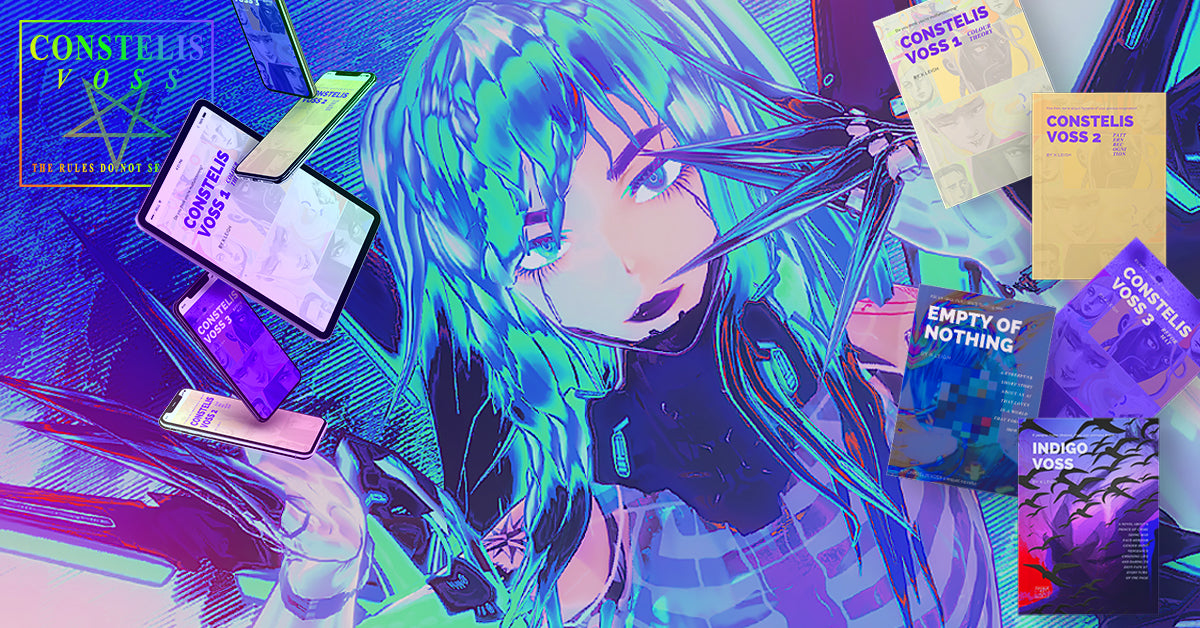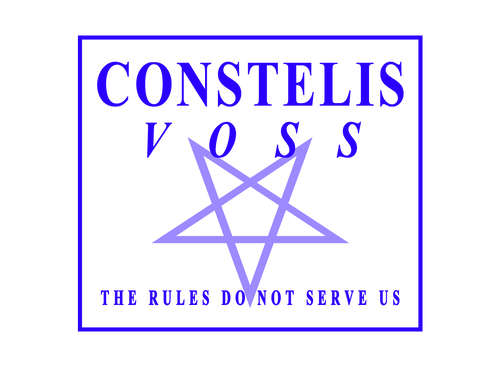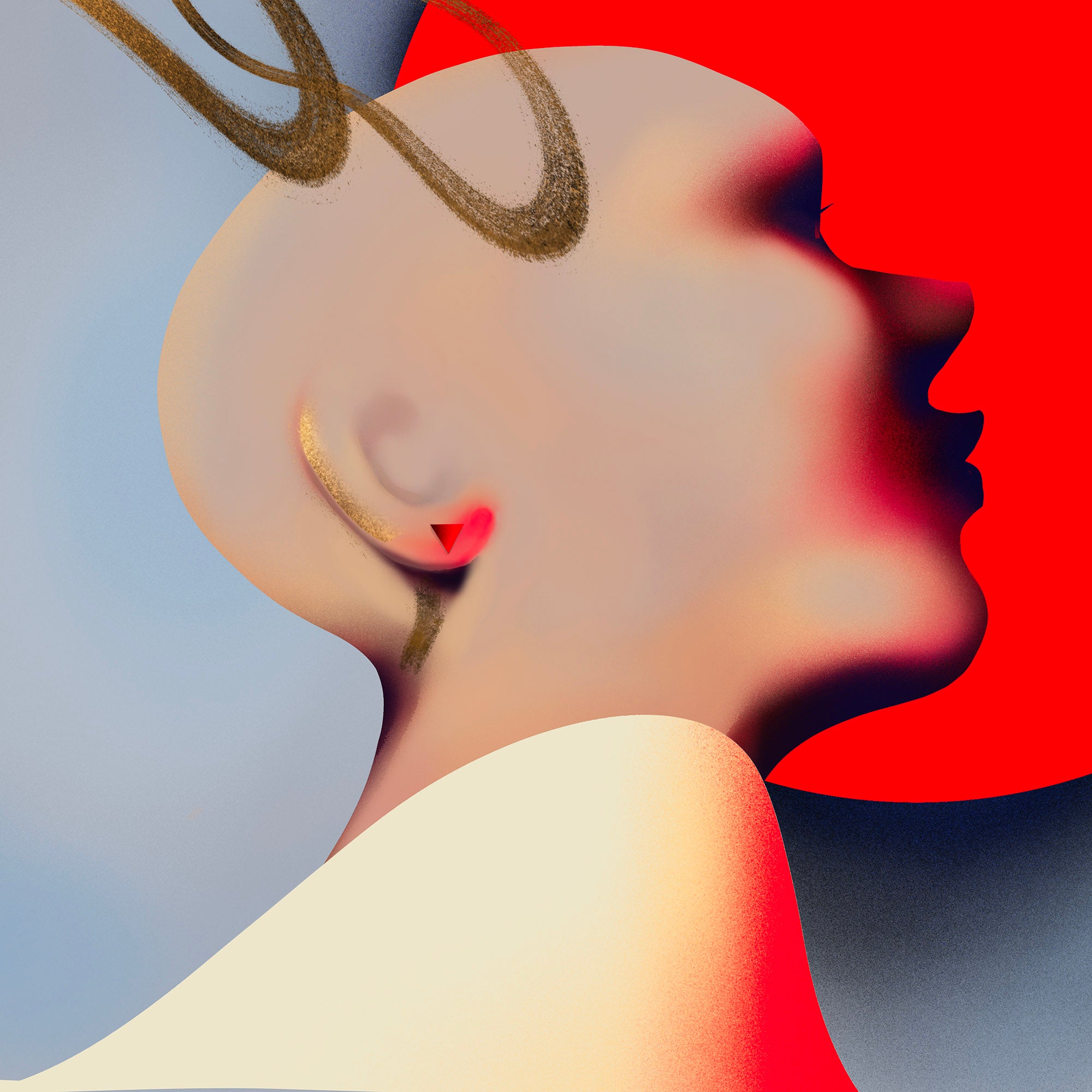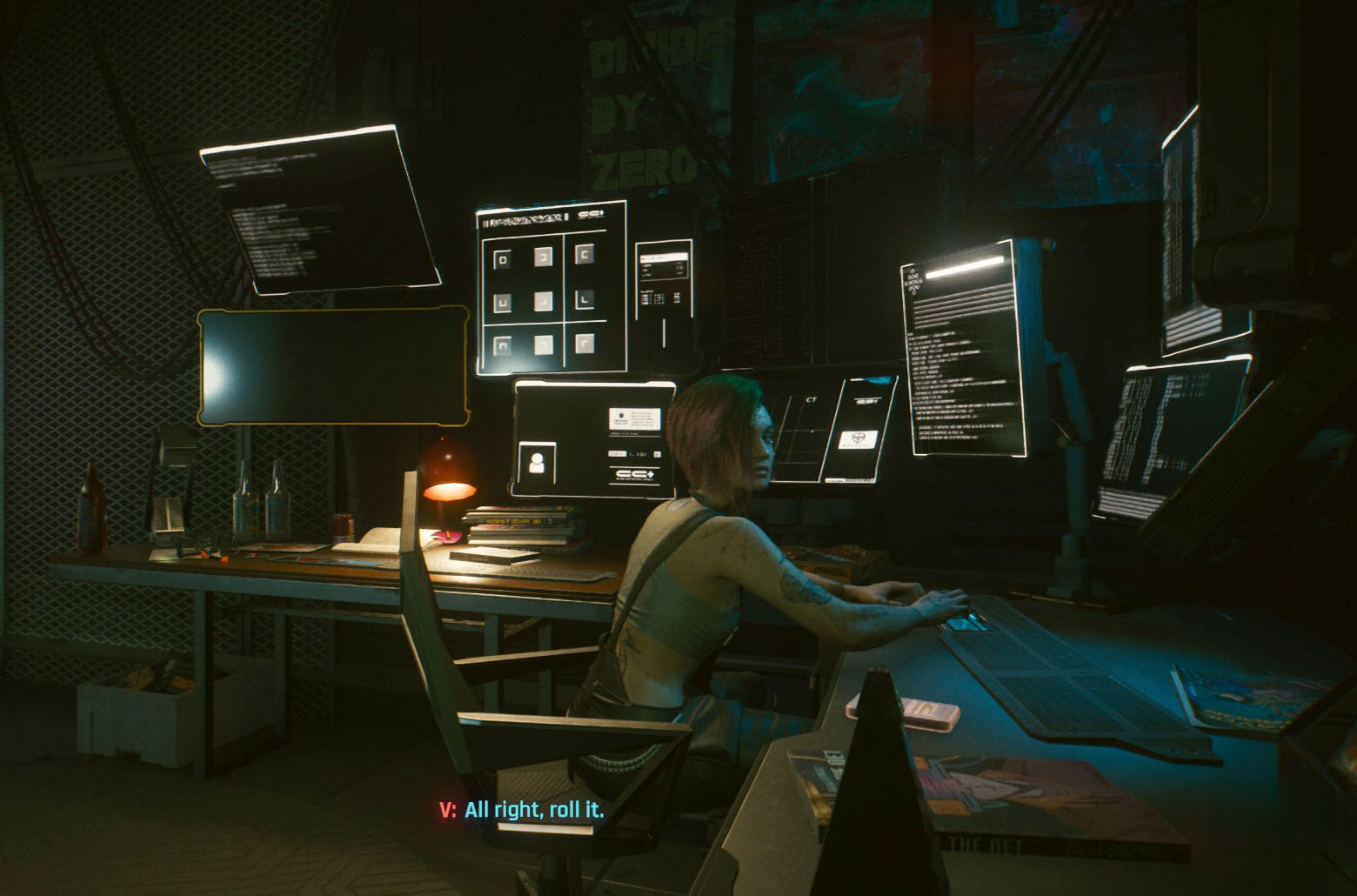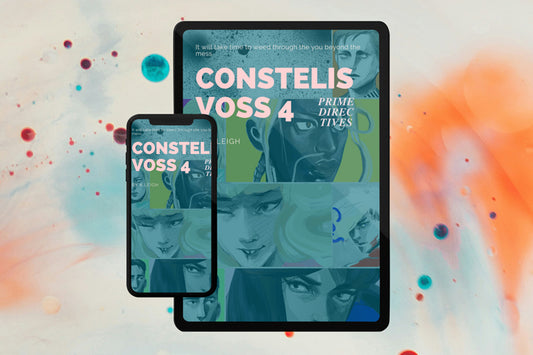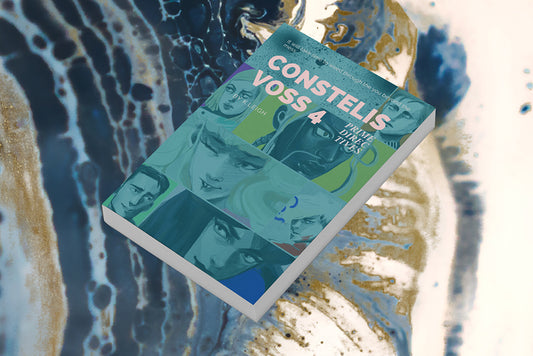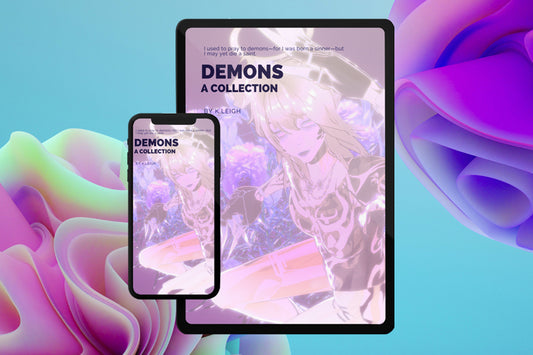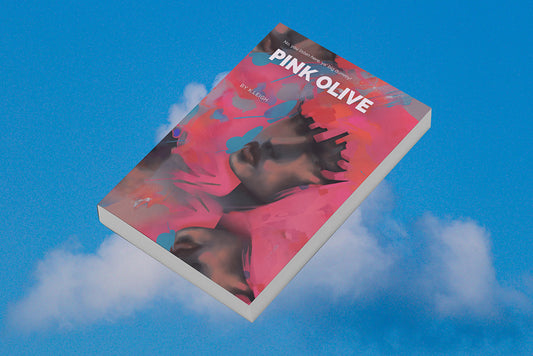Not to appear hyperbolic, but at this stage in the AI Art game, I'm absolutely certain tech is chasing the AI Art dragon for ignorant, arrogant ends. Why do I believe this? It's easy: the math doesn't add up.
As a freelance tech creative in my past life, I know a thing or twelve about how tech projects get built, distributed, and adopted. The core blockers behind tech operations are market, finances, adoption, and scope—not creativity. Simply put, art is an older, richer landscape than digital technology and thus is less prone to mistakes. For example, color theory has remained a design staple for ages, readability was a concern before the printing press, humanity has a whole lexicon of universal symbols, and user experience shares the semiotics backdrop of every good postmodern art course. Art is big, broad, old, and well-founded.
Conversely, AI developments are new(ish) and ephemeral even to their creators. It's data hoovering meets LLM guessing games and is far less stable than art as a discipline. Knowing that art is so well established, why did tech jump face-first into fixing what isn't broken? Wouldn't it be better to apply AI to something businesses the world over truly struggle with? Robust data reporting, predictive ad-buying, content discovery, and analytics are better use-cases for AI. So, what's the hold-up?
It isn't that data, marketing and operations focused AI tools haven't hit the business sector. It's just that they're not very good. Each day, I check Github trending, AppSumo, Product Hunt, and Exploding Topics for new tools. I test every free trial, pay for many borderline useless apps, and sit here frustrated, wondering why tech keeps burping up non-solutions to never-problems. It just doesn't make any sense.
What few decent business tools I find take oceans of research to discover. Research that not even OpenAi's ChatGPT can help with because it can't use nor understand its recommended tools. AI should solve for its own data's origin, how it moves, why something digital works, and why it does not. But AI organizations are not broadly focused on this, which is confusing, as it's the lowest-hanging fruit on the vine.
Advertising platforms like TikTok, Google, Microsoft, LinkedIn, Twitter, Facebook, Pinterest, and more all have robust data repositories, demographic information, ad libraries, keyword topologies, and more. Not only that, but as per actual terms of service on these platforms, this data is accessible, unlike scraping the internet for digital art. Moreover, none of this is beyond querying, save perhaps Twitter with its new API rules, but that's beside the point. It doesn't make sense to ignore the obvious best-use applications for AI.
In a data-heavy closed system, why focus on creative data that doesn't directly lead to KPIs? Why not focus on what takes a long time for humans to solve, mainly because algorithms change, and it is impossible to sit here studying every single platform from every industry vertical 24/7, 365? Why not train a TikTok agent to analyze the algorithm? Why not train a robot to sample media buying cross-industry to test efficacy at scale? I've used apps that claim to do both and they're terrible, but why? These questions keep plaguing me. I only have two answers.
The first possible answer to this "why is tech attacking the arts?" question is a charitable one based on ignorance. AI may not be as robust as big tech's power players say. It may not be capable of charting massive consumer data and orchestrating consensus on the next steps in a product adoption lifecycle.
Maybe the hype surrounding AI is a lie. Maybe AI can't be a guiding light for business operations. Perhaps it's too risky, so tech is tackling the visual, auditory, and written arts instead. Art "success" is easy to gauge based on aesthetics, and nobody loses money doing it. AI tackling the arts is therein a technological capability problem. Maybe even a risk problem.
The second possible answer comes from profiling arrogant tech leadership types. What is the one thing that very powerful, wealthy, technologically savvy, logic-oriented white cishet men devalue? The arts, soft sciences, ephemeral-somethings, and anything that seems beyond their if/then/else "line go up" worldview. Please understand me: I have terrific techy friends who fit what one might assume is the tech leadership stereotype, but they don't operate this way. They find current AI Art offerings to be toys. And they're right. So...what gives?
Is it possible that AI is not nearly as robust as any of us think? Or is it more likely that we have a tech leadership problem? It may be more logical to assume the answer is a combination of the two. Ignorance meets hubris.
"Big tech power players apply AI tools to creative fields they know nothing about, solving nothing for nobody, least of all anyone in their industry who could use a solid AI solution." That sounds about right, but I may be wrong. I am just a plain, simple author, after all.
What about you? Why do you think tech is tackling the creative arts so hard? Let me know your thoughts by commenting below. Let's piece out the answers together.
